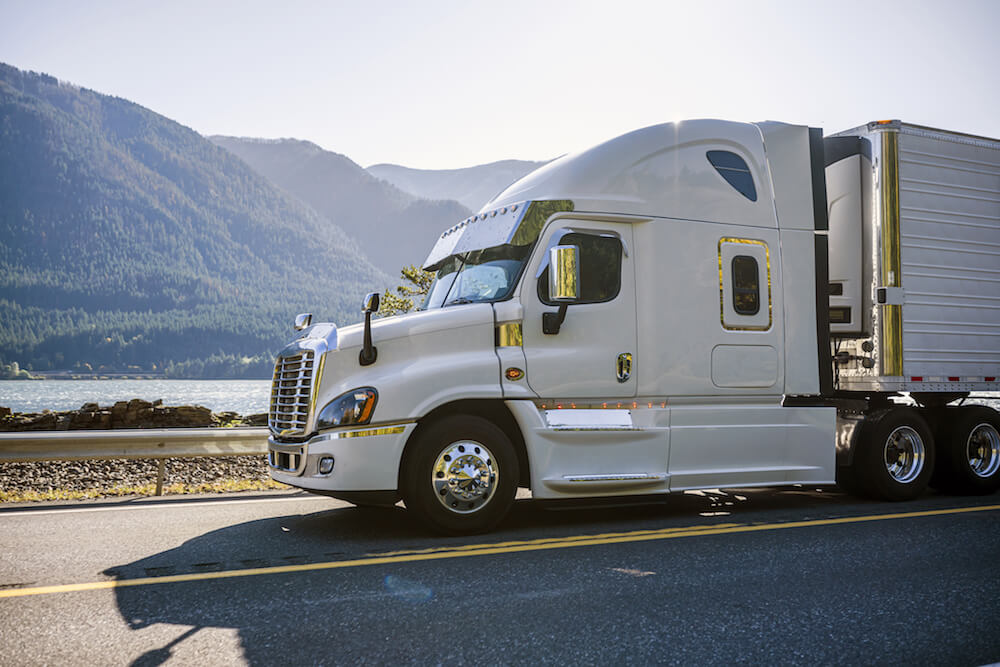According to the Federal Motor Carrier Safety Administration (FMCSA), a freight forwarder is a company that arranges the transportation of goods that carriers licensed by the agency will deliver in the future. Freight forwarding companies provide bill of lading documentation to the shippers and remain responsible for safely delivering the goods.
Another service that freight forwarders provide to customers is consolidation and assembly of shipments as well as distribution operations and break-bulk. After arranging the shipment details, the freight forwarder may use a water carrier, motor, or rail to deliver the goods. Each transportation method is subject to oversight by the Surface Transportation Board or the FMCSA.
A broker, on the other hand, is an individual or business that arranges to transport property by a motor carrier in exchange for financial compensation. Since the broker does not actually transport the property, the individual or business arranging it assumes no responsibility for safe delivery.
Drivers and motor carriers sometimes feel uncertain whether freight forwarders and brokers need to register with the FMCSA since they act more as a scheduling service. Regardless of this difference between regular commercial drivers, freight forwarders, and brokers, the FMCSA requires those in each category to formally register with the agency.
FMCSA registration requirements and steps to follow
If a freight forwarder performs services that fall under the categories of both motor carrier and freight forwarder, the FMCSA requires that they register as both. A motor carrier that brokers any loads, even if infrequently, must register as both a broker and a motor carrier as well. Be sure to follow these six steps in order to register with the FMCSA:
- Apply for a United States Department of Transportation (USDOT) number and determine whether you need operating authoring (MC number) or a hazardous materials safety permit.
- Complete an application with the FMCSA. You can do this through the Unified Registration System if you do not yet have a USDOT number or operating authority or the FMCSA Legacy Systems if you do have these numbers.
- Determine registration and state notification requirements.
- Complete the New Entrant Safety Assurance Program.
- Register for a permanent USDOT number.
- Maintain and update your operating authority information and USDOT number.
You can find specific details about FMCSA registration, including where to find all the above information. The information at this page also includes answers to frequently asked questions about the FMCSA registration process.
Make sure your insurance coverage is appropriate for your vehicle type
Your insurance needs are as unique as the type of commercial vehicle you drive and the goods you transport. We can help you get truck insurance policies for each of the following:
- Auto haulers
- Dump trucks
- Flatbed trucks
- Hot shots
- Moving trucks
- Pickup trucks
- Box trucks
- Tank trucks
- Tow trucks
- Tractor-trailers
Our team of transportation insurance agents would be happy to help you get quotes for truck insurance. Get started with your quotes by filling out our online form. You can also give us a call or message with us on LiveChat if that’s more convenient for you.
Source:
https://www.fmcsa.dot.gov/faq/must-freight-forwarders-and-brokers-register-fmcsa



